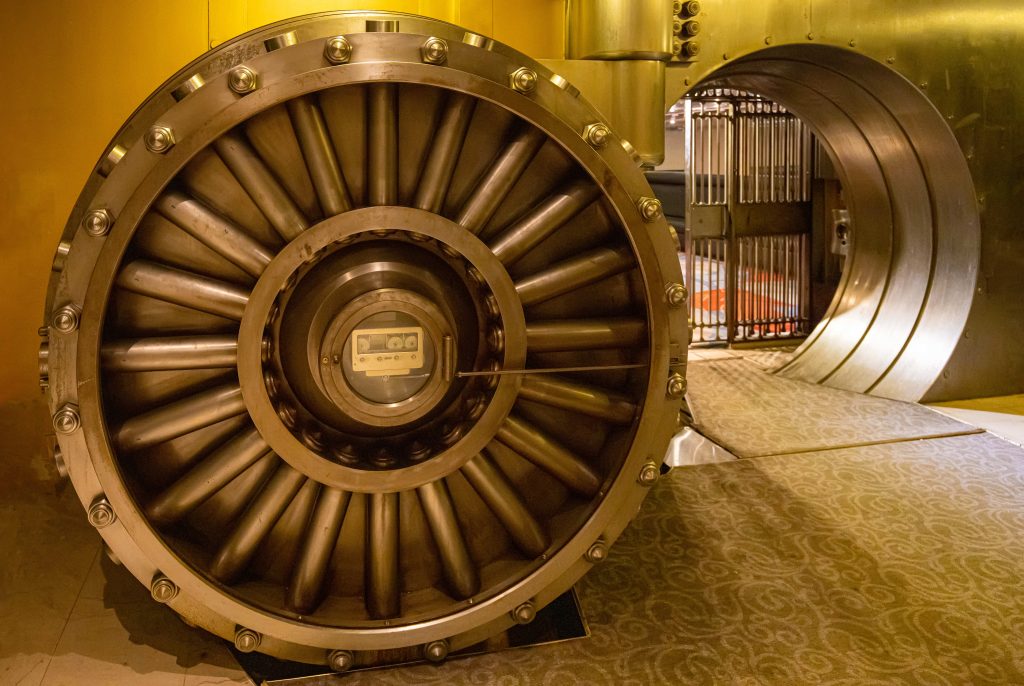-
Intangible assets are typically the most valuable possession of a closely held business, but often are poorly protected.
-
Risk mitigation through a business bulletproofing process can protect those assets from being misappropriated.
-
Intangible assets include customer relationships and intellectual property.
I sometimes ask closely held business owners if they lock the doors to their business when they leave. The answer is ‘of course.’ I may push further. Do you have an alarm system? What about at home?
No surprises here. Everyone locks the door. Most have alarms. My follow-up question is ‘for what?’ The answer, again, is obvious. We lock doors to prevent thieves from stealing our stuff. Then why do so many of us do nothing to stop thieves from stealing what is commonly the most valuable asset of our businesses?
Bulletproofed Businesses are Protected Against Theft of Intangible Assets
So many closely held business owners protect themselves against the theft of office equipment, but leave the doors wide open and invite thieves to help themselves to their most valuable property—those intangible assets that drive sales and efficiency.
The value of these assets is rarely reflected on our company’s balance sheet. Instead, the value is found in the knowledge and skills of our employees, the relationships we have with customers, and the reputation we have built in the market.
I am a lawyer, a certified valuation analyst, and a certified exit and succession planner. I have worked with the owners of closely held businesses throughout my career.
Contact me if you have questions about valuing your business, developing an exit plan, or implementing the legal bulletproofing necessary to protect your investment.
Many closely held business owners have no clear idea of the value of their intangible assets and are badly misinformed about what can be protected and how that is done. I am surprised how often my clients think they there is nothing they can do, and how little importance they give to writing down what they have. Continue reading
 The Business Divorce Law Report
The Business Divorce Law Report

